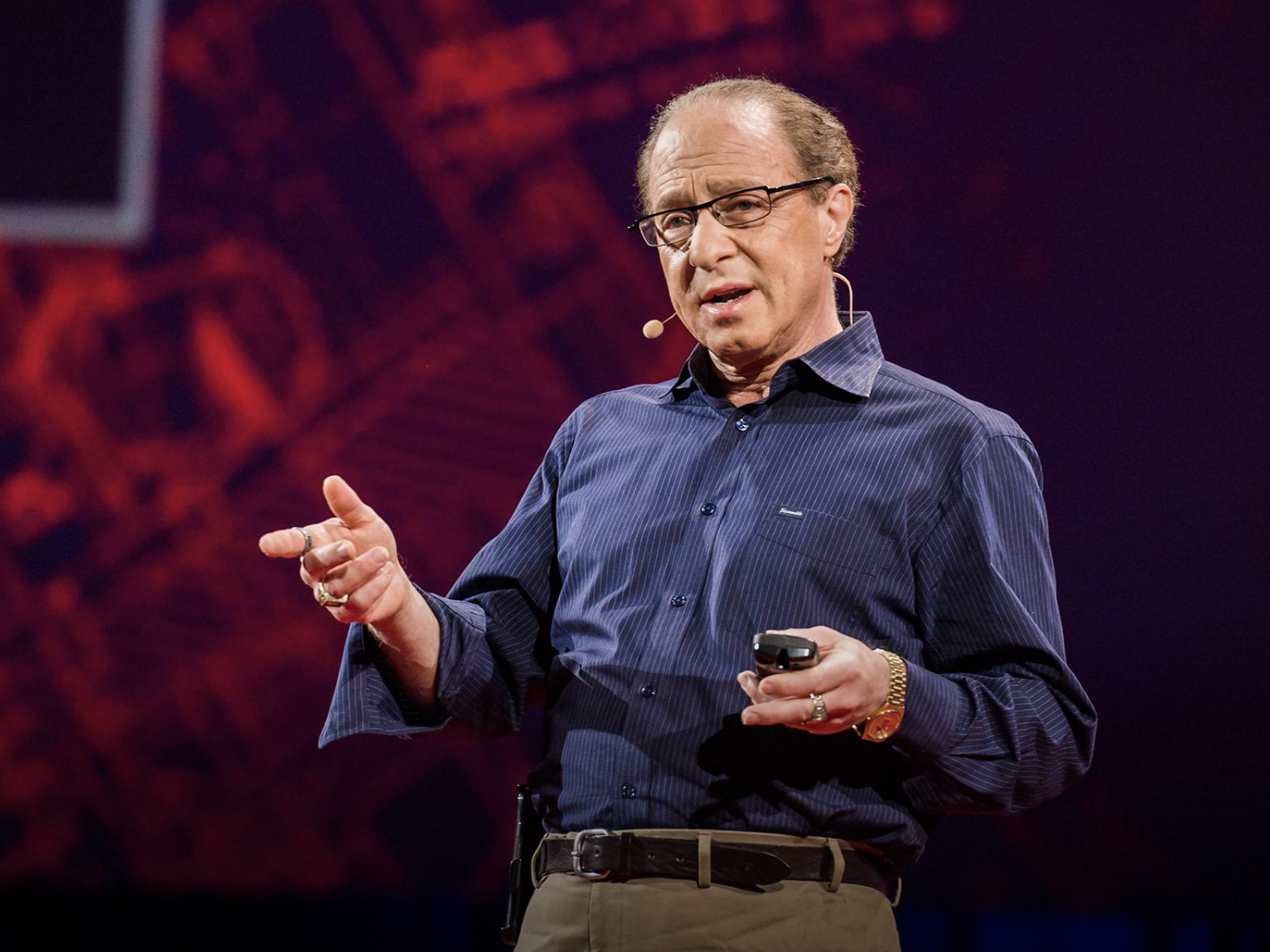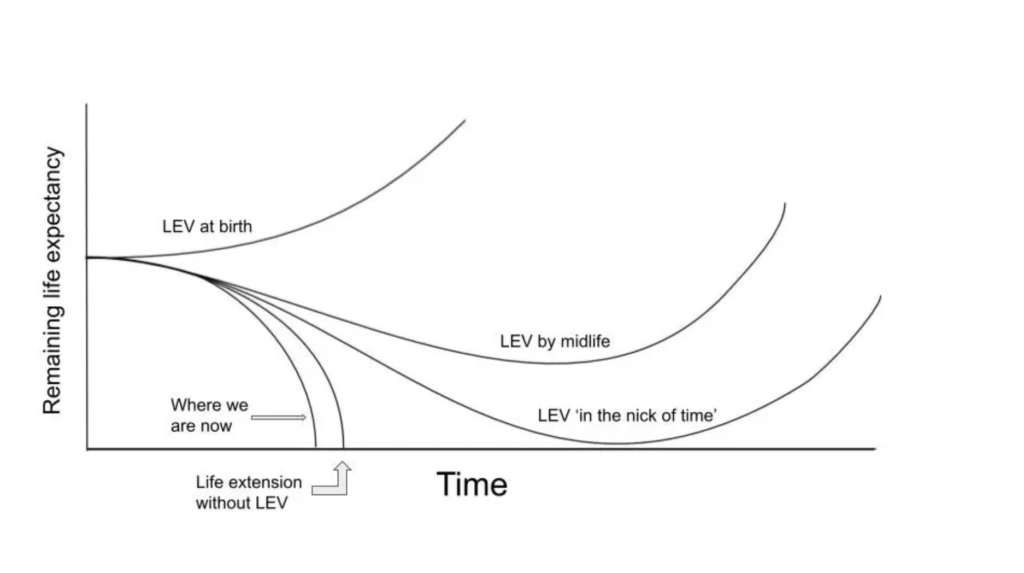
Imagine a future where humans can live indefinitely, brains connect directly to the cloud, and machines outsmart us in every way. This isn’t a sci-fi movie plot—it’s Ray Kurzweil’s forecast for the next few decades. As a visionary inventor and futurist, Kurzweil has been remarkably accurate with his predictions, and his latest insights are both thrilling and thought-provoking.
AGI by 2029

Kurzweil predicts that by 2029, we will achieve Artificial General Intelligence (AGI)—machines with human-like cognitive abilities. Think of it as a super-intelligent digital assistant that knows your preferences better than your closest friends. While this sounds exciting, it also poses big questions about the future of jobs, education, and even friendships. How do we coexist with something that might outthink us?
Technological Singularity by 2045
Then comes the big one: the technological singularity. Kurzweil envisions this as the moment when AI surpasses human intelligence, leading to rapid, unimaginable changes. It’s like reaching a point where our gadgets are not just tools but partners in innovation. Imagine having a conversation with your coffee maker about the latest quantum physics research—it could happen! But, of course, this also means navigating new ethical landscapes and ensuring these smart machines align with our values.
Longevity Escape Velocity by 2029

Kurzweil also introduces the idea of “longevity escape velocity,” where technological advances allow us to extend life faster than aging takes it away. Imagine living indefinitely with regular upgrades to your body and mind, much like software updates. This prospect is as exciting as it is daunting—what would society look like if people lived for centuries? How do we handle resource distribution, and what becomes of our concept of life?
Supporting Arguments
Kurzweil’s predictions aren’t just wishful thinking. They are grounded in the exponential growth of computing power, often referred to as Moore’s Law. This trend has consistently driven technological advancements, from smartphones to the internet. While some experts are skeptical, Kurzweil’s track record includes accurately predicting the internet’s rise and the prevalence of AI in games like chess.
Ethical and Existential Implications
The journey toward this future isn’t just about technological prowess; it’s also about ethics. As we merge more closely with our machines, we face new questions about autonomy, privacy, and even identity. Can we back up our minds like data on a cloud? And if so, what does that mean for our sense of self? These aren’t just philosophical musings; they are real issues we’ll need to tackle.
Kurzweil’s visions offer a fascinating glimpse into a future where technology could redefine humanity. As we stand on the brink of these possibilities, it’s crucial to think deeply about what we want from our future and how we can navigate these changes responsibly. Are you ready for a world where AI and humans coexist? What safeguards and guidelines should we consider to ensure a positive outcome? Let’s dive into this brave new world together and explore the possibilities!
 Ray Kurzweil’s Predictions on AI: A Glimpse Into Tomorrow’s World
Ray Kurzweil’s Predictions on AI: A Glimpse Into Tomorrow’s World